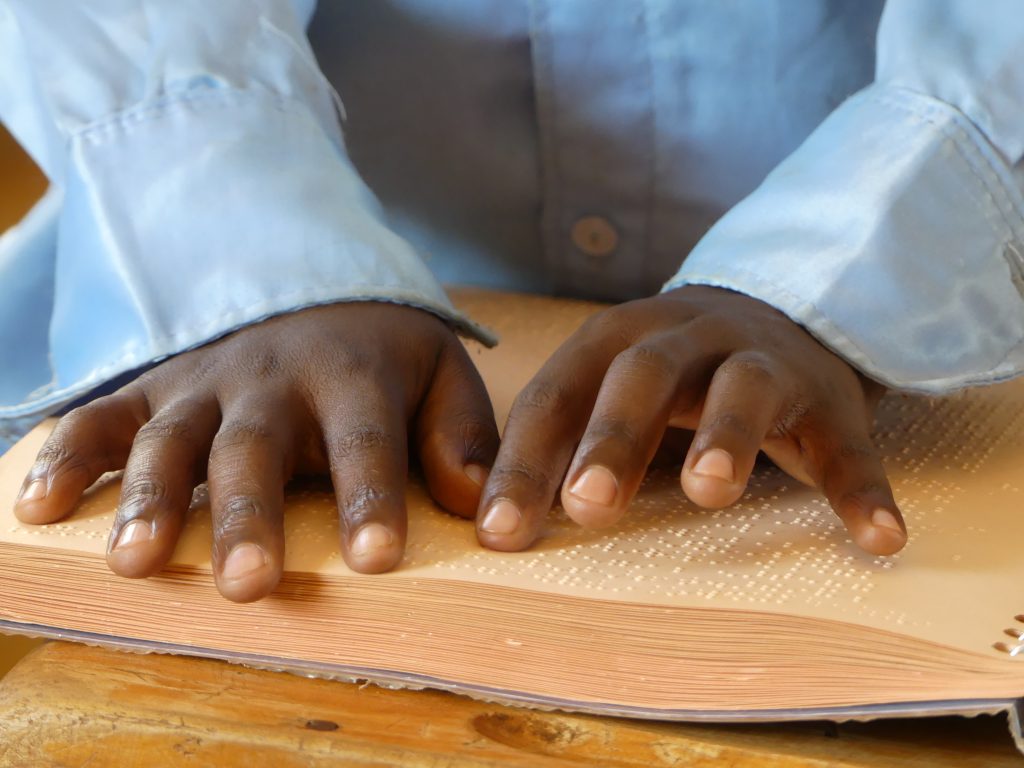Poverty, prejudice and lack of accessibility are some of the reasons why children with disabilities are excluded from school.
It is very common for the children's capacity and abilities to be underestimated, that the environment does not believe that the child can learn, that it does not do any good for the child to go to school. Sometimes relatives do not see the same potential for a child or young person with a disability as for other siblings. Parents sometimes prioritize siblings without disabilities when poverty forces them to choose.
They can also be kept at home by their relatives because they are ashamed of their child because of the stigma that disability means for the family. In many countries, children with certain disabilities are kept in institutions without the opportunity for development and education. Sometimes the discrimination is due to the fact that responsible authorities lack both the knowledge and resources to provide the right support for children with disabilities.

Lack of accessibility shuts the children out
An important reason for the low school attendance for children with disabilities is that many schools are not accessible to students with special needs. Some children may not even be able to enter the school building or use the school toilets. Other children may have trouble seeing what is written on the board in the classroom or hearing what the teacher or schoolmates are saying. Other examples of lack of accessibility can be school books that are not available in punk writing, a ramp to the school gate that does not exist, a sign language teacher or interpreter that does not exist or education that is not adapted for children with intellectual disabilities.
Data from 30,000 schools, mainly in developing countries, show that less than half of these are accessible to people who use wheelchairs.
Parents' concerns keep the girls at home
It is not uncommon for parents to keep their children at home from school because they are worried that their children will suffer abuse and various forms of abuse if they leave home. One problem that particularly affects girls in developing countries is the lack of running water and functioning and separate toilets in many schools. In many cases, parents do not want to send their daughters to school when there are no separate toilets for girls and boys. These are often special obstacles for girls who have reached puberty and are menstruating. Many girls may have special needs for functional and private toilets, but also that a person they trust can assist them in connection with toilet visits.
Lack of teaching materials and teachers for older students
Children with disabilities are less likely to start school and of those who do, even fewer go on to upper secondary school and upper secondary school. High schools and colleges are rarely adapted for children with disabilities. This may be due to a lack of available school materials and knowledgeable educators.
It is not uncommon for older students with disabilities to drop out of school when the educational material offered to students with impaired vision or hearing is only designed for the youngest children.






